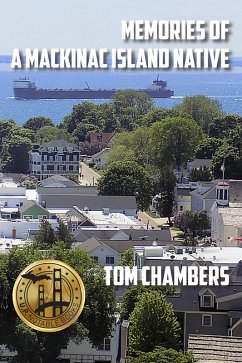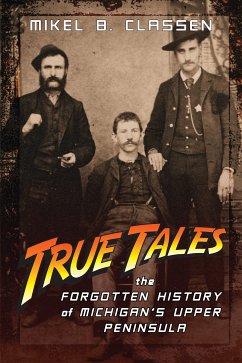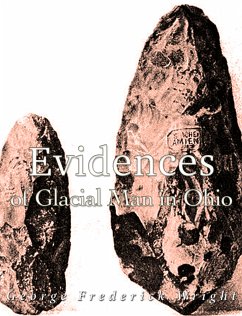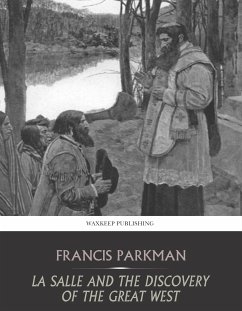
U.P. Colony (eBook, ePUB)
The Story of Resource Exploitation in Upper Michigan -- Focus on Sault Sainte Marie Industries
Versandkostenfrei!
Sofort per Download lieferbar
4,26 €
inkl. MwSt.
Weitere Ausgaben:

PAYBACK Punkte
0 °P sammeln!
In the 1980s, Phil Bellfy pondered the question: Why does Sault, Ontario, appear to be so prosperous, while the "Sault" on the American side has fallen into such a deplorable state? Could the answer be that the "American side" was little more than a "resource colony"-or to use the academic jargon of "Conflict and Change" Sociology-an "Internal Colony." In UP Colony, Bellfy revisits his graduate research to update us the state of the Sault. The ultimate question: why has the U.P.'s vast wealth, nearly unrivaled in the whole of the United States, left the area with poverty nearly unrivaled in th...
In the 1980s, Phil Bellfy pondered the question: Why does Sault, Ontario, appear to be so prosperous, while the "Sault" on the American side has fallen into such a deplorable state? Could the answer be that the "American side" was little more than a "resource colony"-or to use the academic jargon of "Conflict and Change" Sociology-an "Internal Colony." In UP Colony, Bellfy revisits his graduate research to update us the state of the Sault. The ultimate question: why has the U.P.'s vast wealth, nearly unrivaled in the whole of the United States, left the area with poverty nearly unrivaled in the whole of the United States? None of the conventional explanations from "distance to markets," to "too many people," to "disadvantageous production costs," have any credibility. Simply put: "Where did the $1.5 billion earned from copper mining, $1 billion from logging, and nearly $4 billion in iron ore go?" To get to the bottom of these thorny questions, Bellfy looks at the possible economic pressures imposed by "external colonial powers." The pressure-points examined in this book include presence of a complimentary economy, lopsided investment in one sector, monopoly style management, disparity of living standards, a repressive conflict-resolution system, and the progressive growth of inequality over time. In UP Colony, Dr. Bellfy has revisited his MA Thesis and brought this analysis up-to-date in conjunction with the Sault's Semisepticentennial-the 350th anniversary of its French founding in 1668.
Dieser Download kann aus rechtlichen Gründen nur mit Rechnungsadresse in A, B, BG, CY, CZ, D, DK, EW, E, FIN, F, GR, H, IRL, I, LT, L, LR, M, NL, PL, P, R, S, SLO, SK ausgeliefert werden.













